THE VI LOCAL ECONOMIC DEVELOPMENT FORUM OPENS IN SEVILLE
News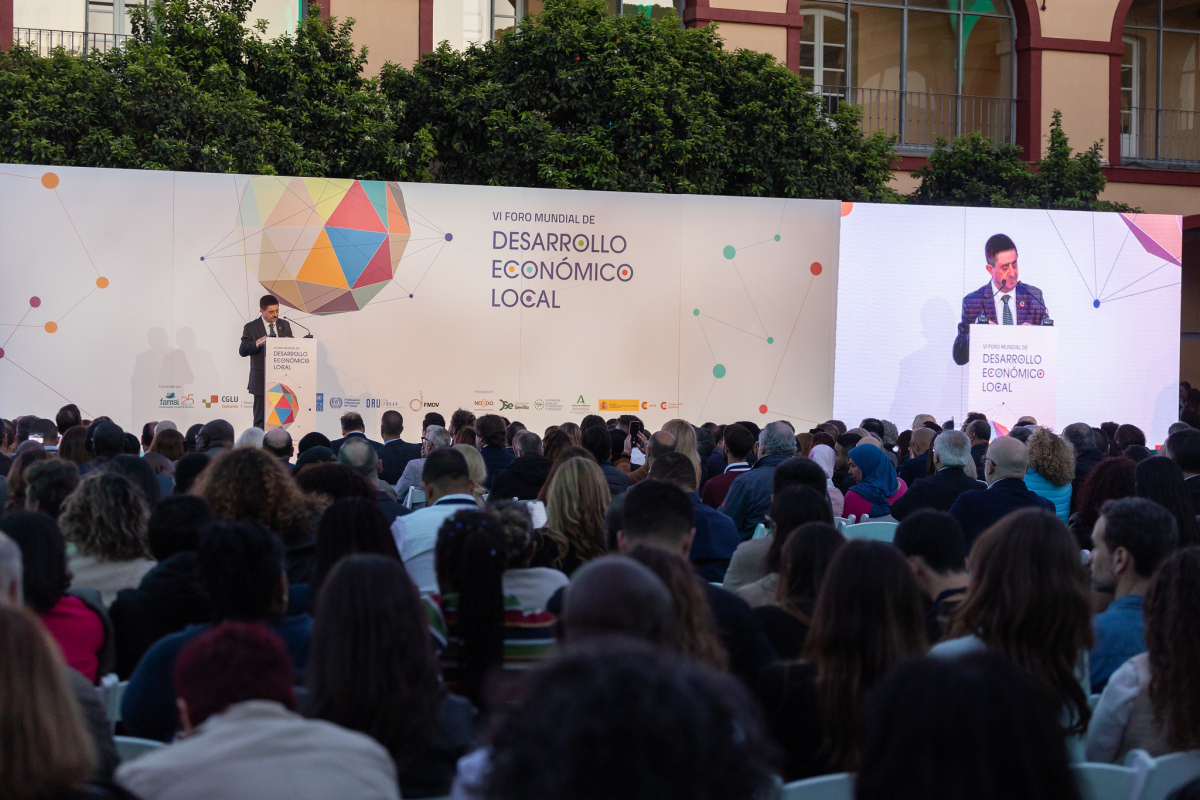
The city of Seville is hosting the sixth edition of the largest international meeting dedicated to local economic development from 1 to 4 April at the FIBES Conference Centre, with an agenda marked by financing for development, just transition and the role of territories in facing global challenges.
The first day of the sixth edition of the World Forum for Local Economic Development (WFLED) brought together representatives of local and regional governments, international agencies, cooperation networks, civil society organisations and academia, marking the start of four days of debates focused on just transition, financing development and territorial solutions.
The forum kicked off with the policy dialogue “Capacity building and local co-responsibility for endogenous development: multi-stakeholder partnerships. Localising financing – The road to Seville”. Emilia Saiz, Secretary General of UCLG, moderated the session and stressed that “a fairer financial architecture starts by recognising the role of local governments in the provision of public services”. Eva Granados, Secretary of State for International Cooperation of the Spanish Government, pointed out that “endogenous development starts in each neighbourhood, local and regional governments need to have responsibility and resources”. For his part, Haoliang Xu, UN Under-Secretary-General and UNDP Assistant Administrator, stressed the need to strengthen “local and sub-national financing commitments in response to local priorities” ahead of the 4ᵃ International Conference on Financing. We stand ready to work with local and regional governments to build local financing frameworks.”
In the second part of the political dialogue, the Spanish experience in decentralised cooperation mechanisms and territorial financing was presented. The moderator of the session, Jordi Cuadras, President of the Confederation of Cooperation and Solidarity Funds, stated that “decentralised cooperation has proven its effectiveness in building sustainable solutions adapted to each territory” and stressed that “Spain can be an example for the world in local financing adapted to the realities of each community”.
The high-level plenary on the triple transition, moderated by Anton Leis, Director of the Spanish Agency for International Development Cooperation (AECID), was attended by Teresa Ribera (on video), Executive Vice-President for a Clean, Just and Competitive Transition of the European Commission; Mikel Torres, Second Vice-President and Minister of Economy, Labour and Employment of the Government of the Basque Country; Anthony Berthelot, Mayor of Indre and Co-President of the UCLG Political Council; Vice-President of the South African Local Government Association (SALGA); Anita Amorin, Head of the Emerging Cooperation Unit of the International Labour Organisation (ILO); and Francisca Medina, First Vice-President and Deputy for Equality, Social Policies and Youth – Diputación de Jaén.
The session highlighted how the green, digital and demographic transitions are intertwined with local economic development. Teresa Ribera, in her video intervention, underlined that “every transition must be an opportunity to move towards more sustainable and inclusive models, but only if equity and decent work are integrated from the beginning”. Anton Leis, moderator of the session, stressed that “we need cooperation that is up to the challenges, and that means putting the territories at the centre of public action”.
The policy dialogue on the role of development agencies and other local instruments, moderated by Raquel Vega, first deputy mayor of La Rinconada, addressed the need for territorial structuring of investment, employment and service policies, especially in rural areas.
Participants included Rafael Llamas, President of the Spanish Network for Rural Development (REDR) and Mayor of Montilla; Flora Maboa Boltman, Vice-President of the South African Local Government Association; Rebecca Bligh, President of the Federation of Canadian Municipalities; Julia da Motta, Undersecretary of Competitiveness and Economic and Regional Development of the State of São Paulo; and Rafael Escamilla Domínguez, President of the Forum of Regional Development Agencies and Director of External Relations of the Valencian Institute of Business Competitiveness.
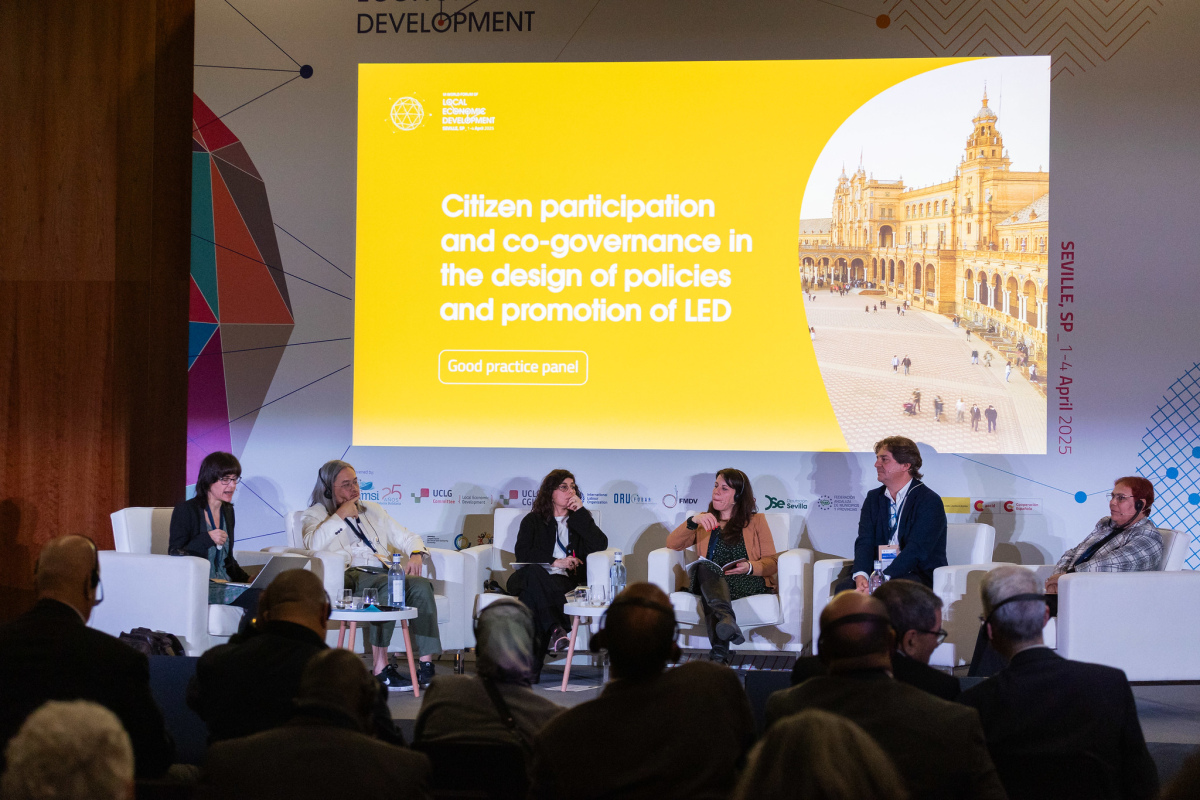
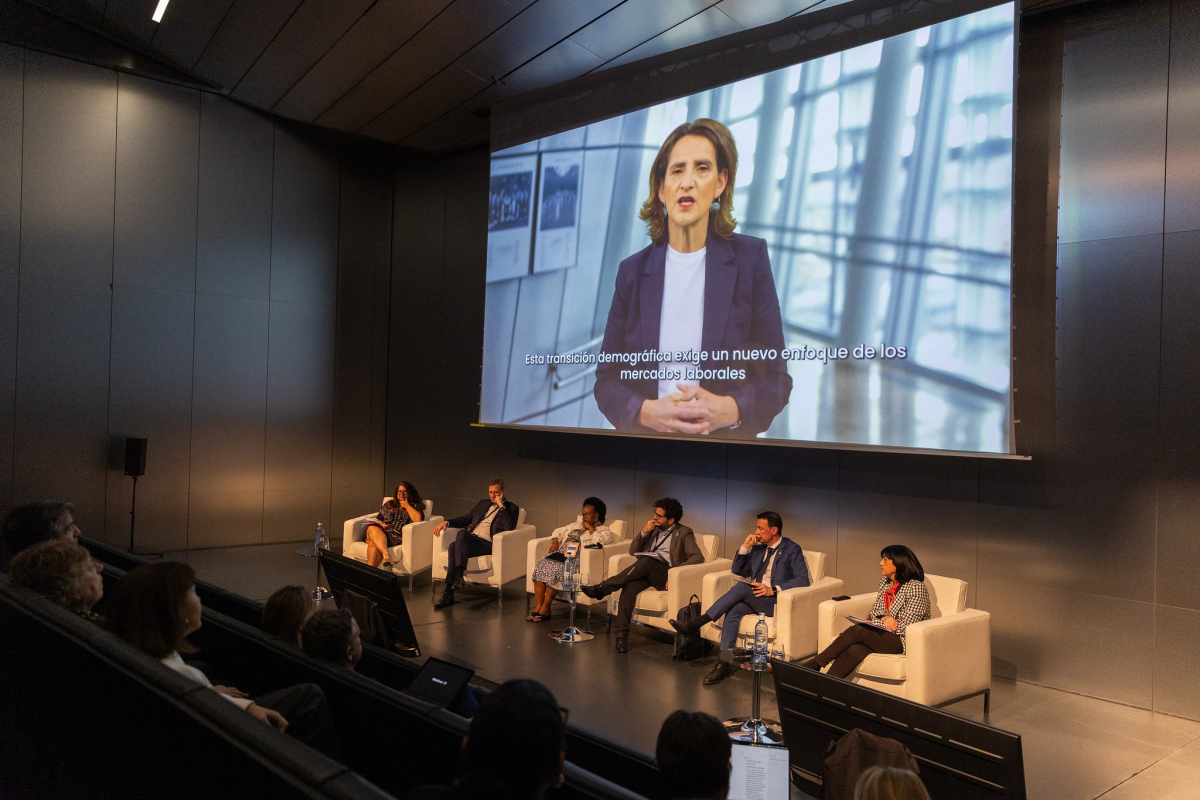
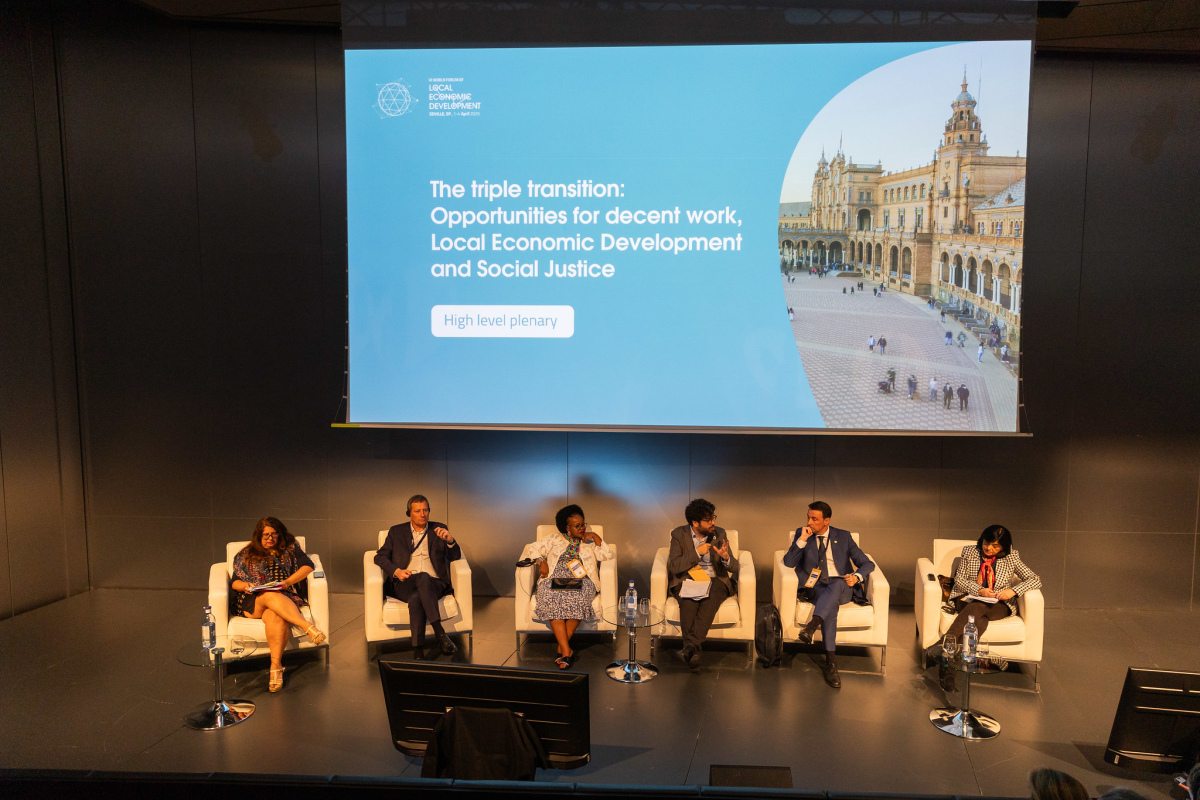
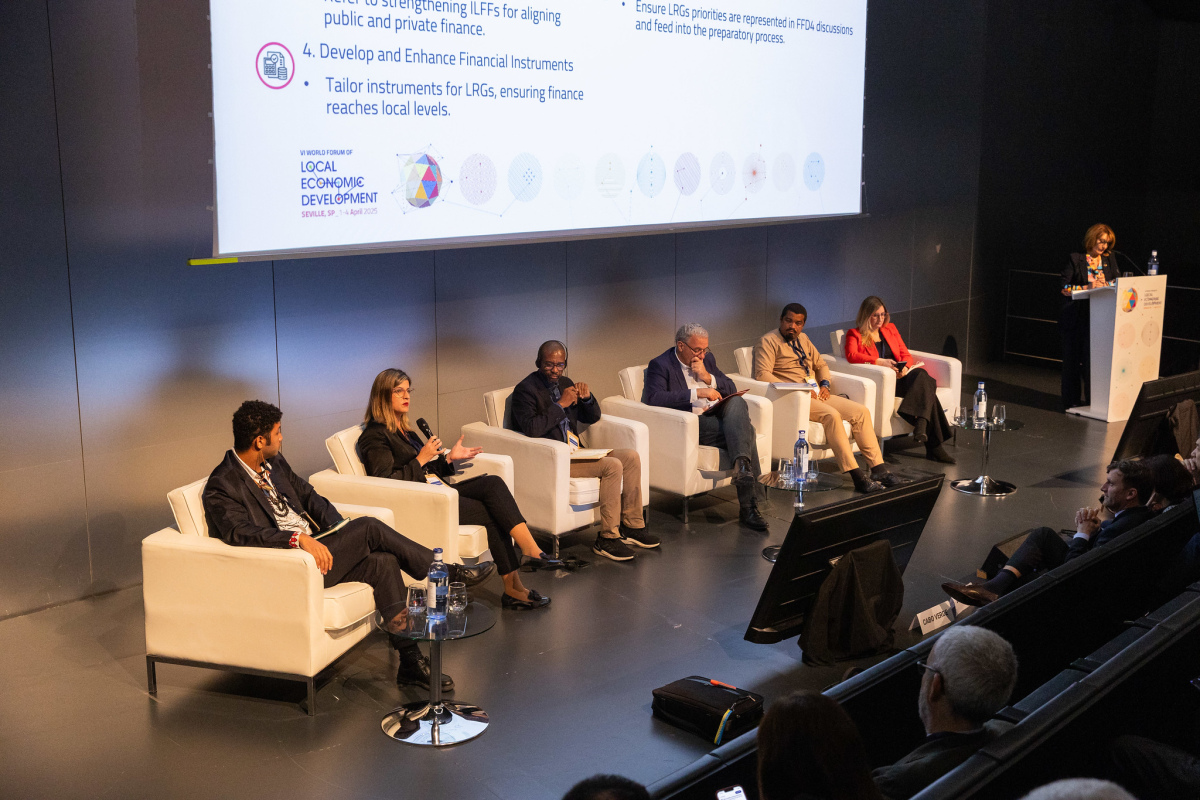
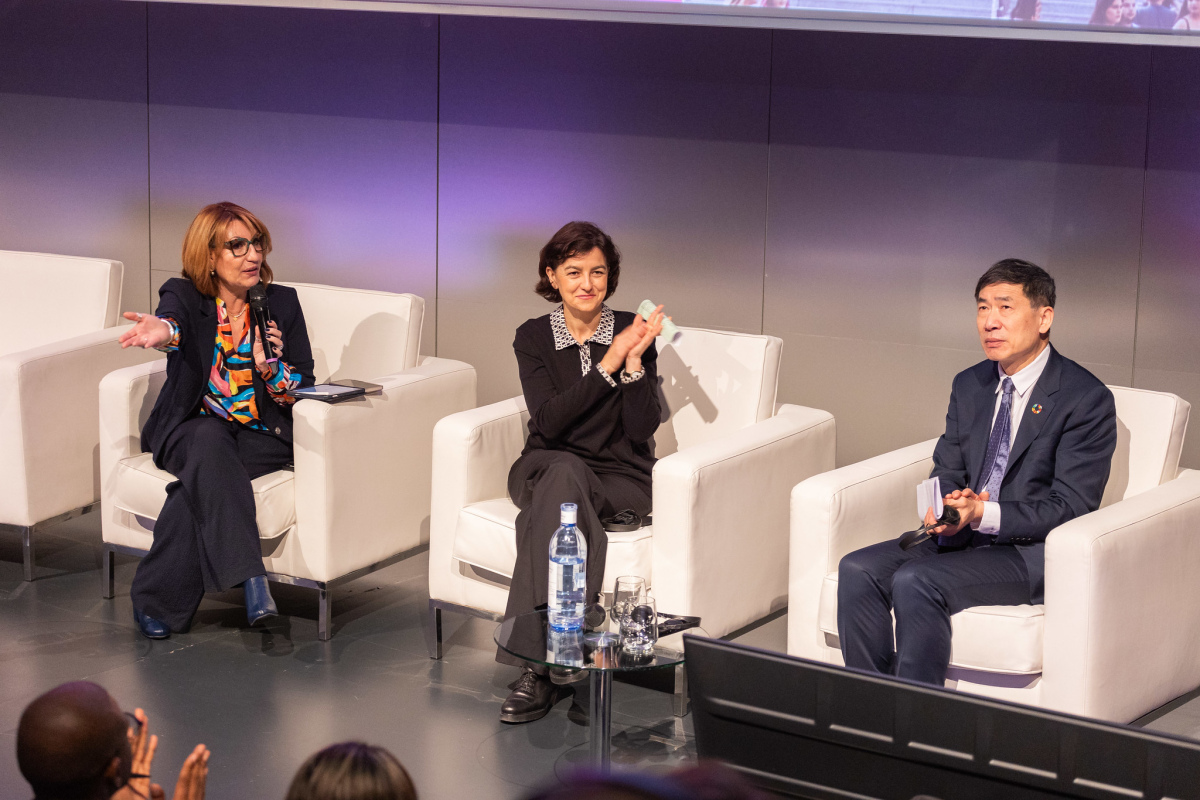
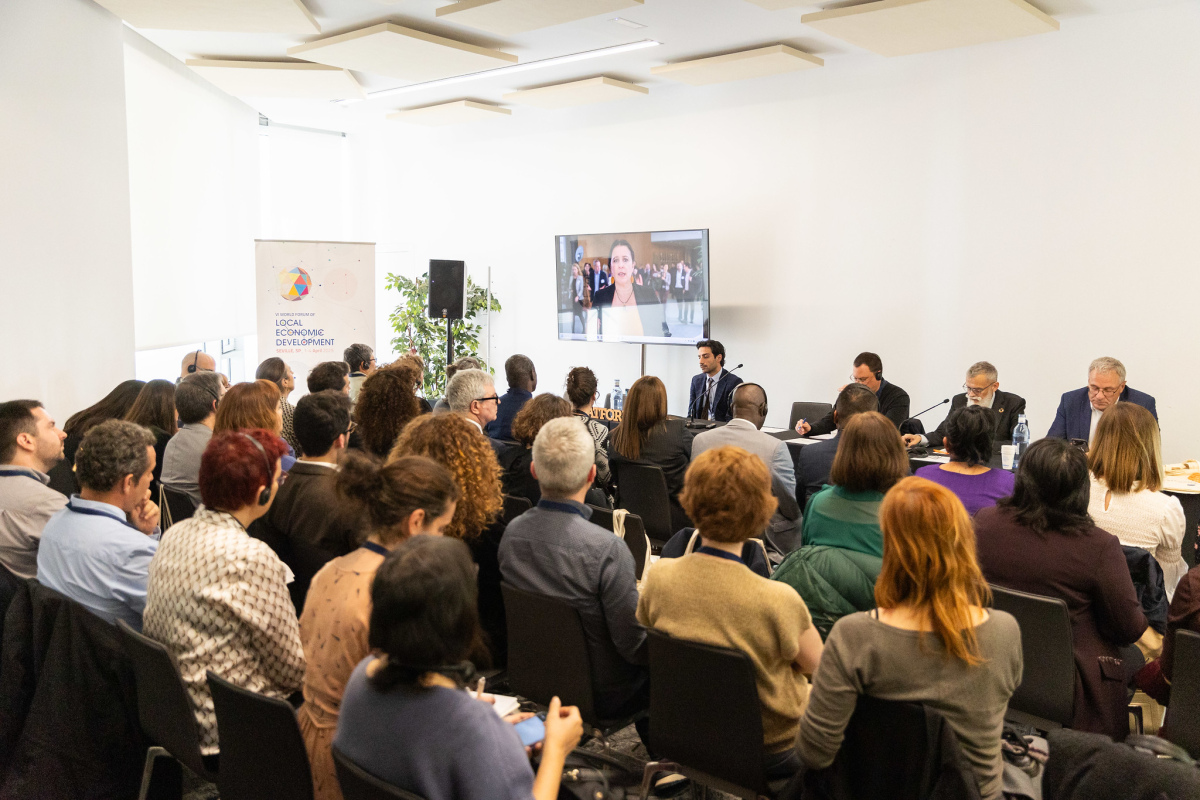
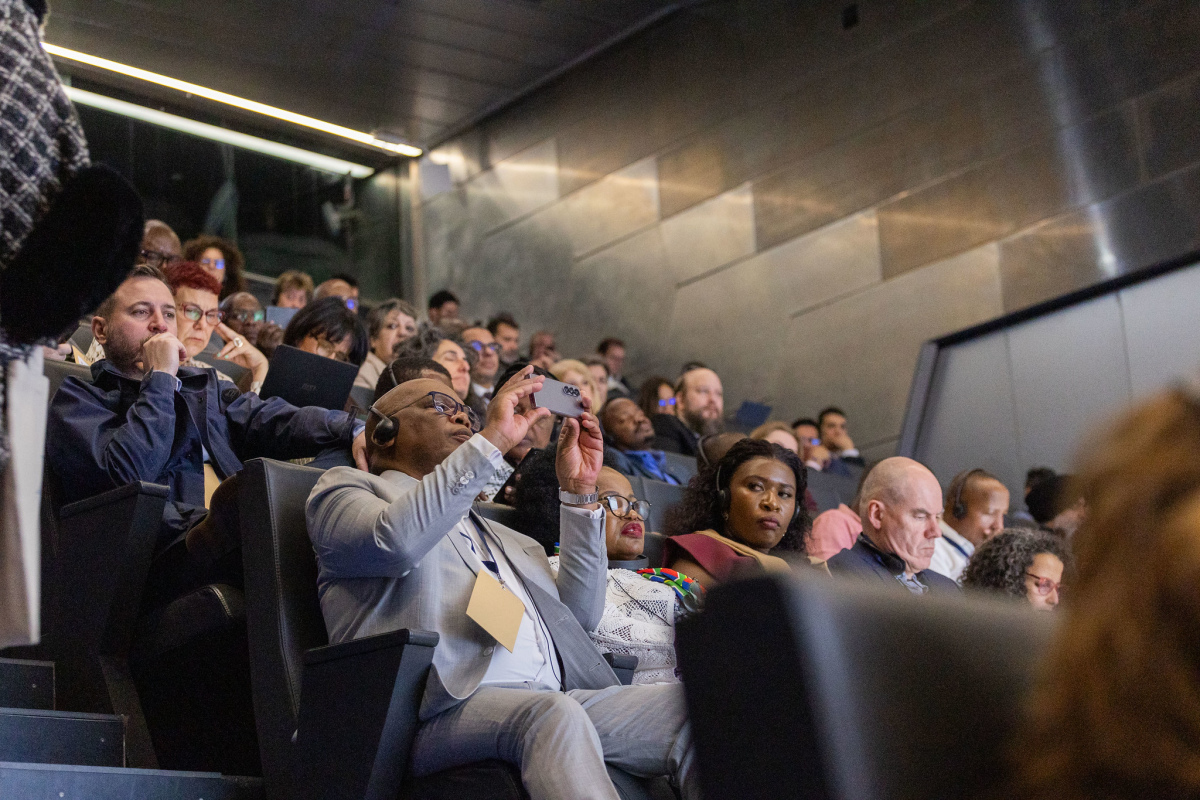
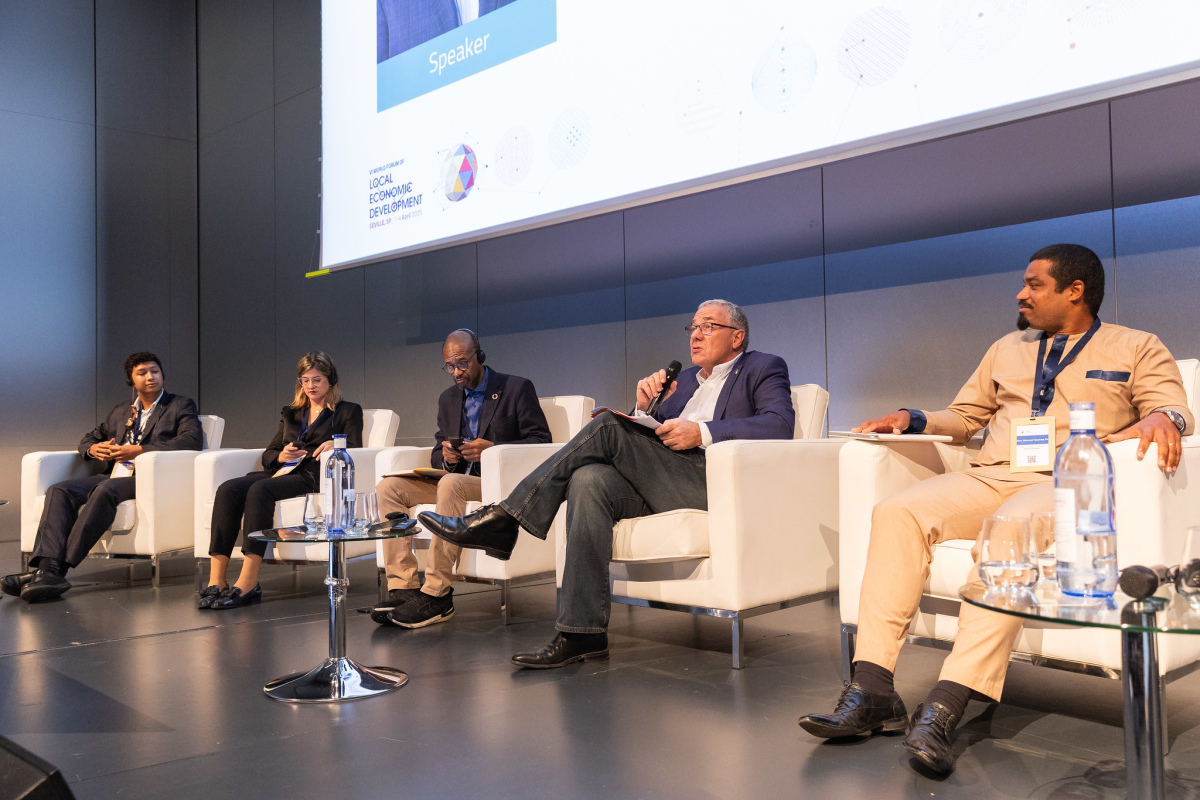
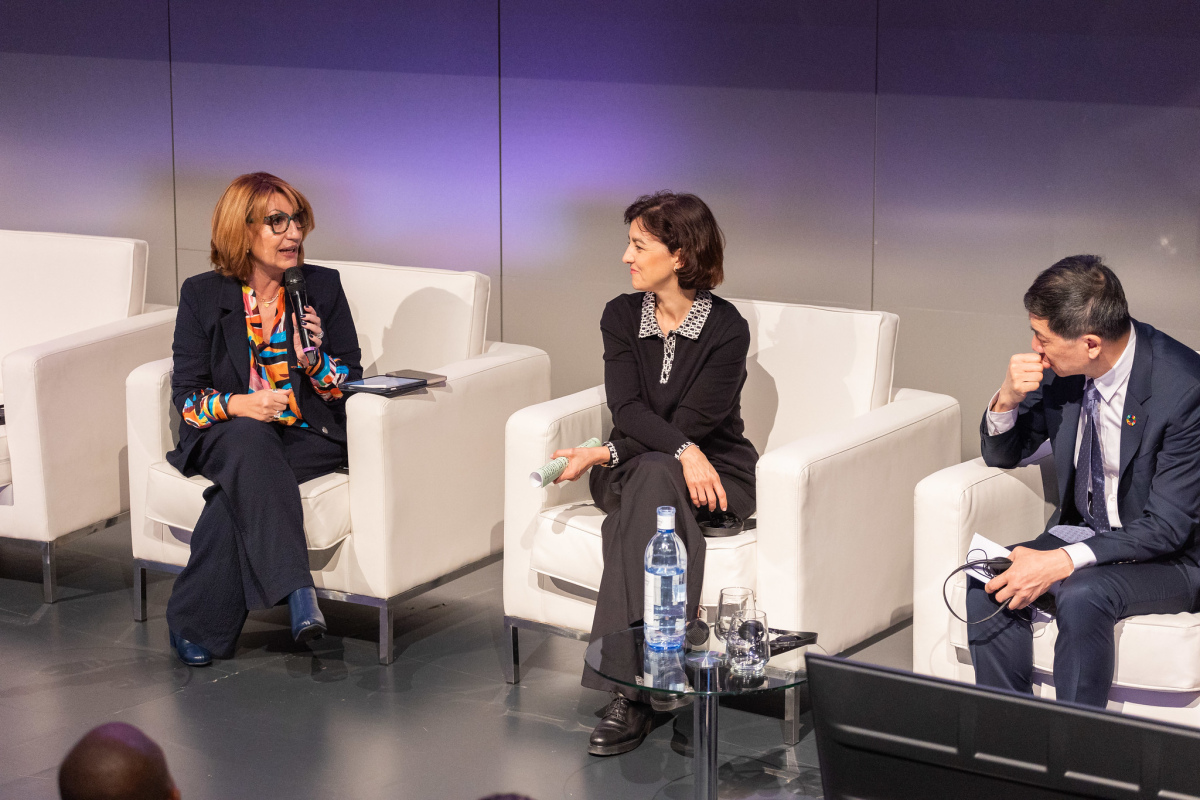
In addition to the political dialogues and plenary sessions, the day included an intense technical programme and exchange of experiences. Topics addressed included youth, innovation and local economy; South-South and triangular cooperation at local level; citizen participation and co-governance; circular economy; water management in cities; and public procurement for local economic development. Workshops were also held on public-private partnerships for the promotion of talent, territorial entrepreneurial initiatives and experiences of alternative financing for the social and solidarity economy.
Among the technical sessions, the panel discussion on building resilient territories, led by UNDP, analysed experiences that integrate disaster risk reduction and the promotion of decent work, highlighting the role of the social economy. There was also a panel discussion on decentralised cooperation for local economic development, employment and new economies, which highlighted the value of collaboration between local and regional governments as a driver of innovation and sustainability.
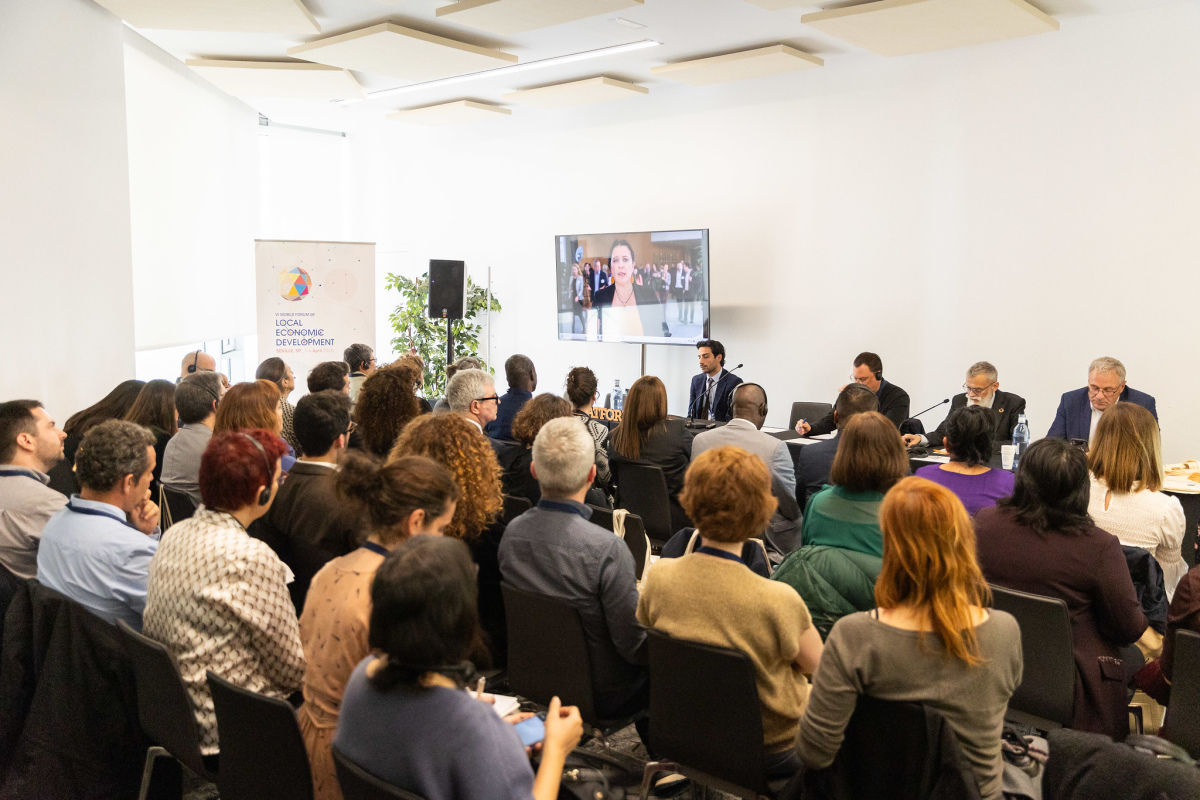
During the afternoon, the PLATFORMAwards ceremony also took place, among six finalist projects, announced the first prize and three outstanding projects for their impact on strengthening international decentralised cooperation:
The French department of Isère and the Boundou Community Nature Reserve in Senegal received the first prize in the PLATFORMAwards, an award that identifies and rewards excellence in decentralised development cooperation. Their partnership aims to combat the effects of climate change through reforestation.
The project on the empowerment of women in local politics between the 52 municipalities of Mallorca (Spain) and the local governments of Bolivia came second. An inter-institutional cooperation programme on water and sanitation between the Basque Country (Spain) and Central America took third place on the podium.
The winning project received the production of a documentary. The three runners-up won a trip to Sevilla for the WFLED where the official PLATFORMAwards ceremony will be organised, as well as visibility on the communication channels of PLATFORMA and its partners, and access to the network of winners of these awards.
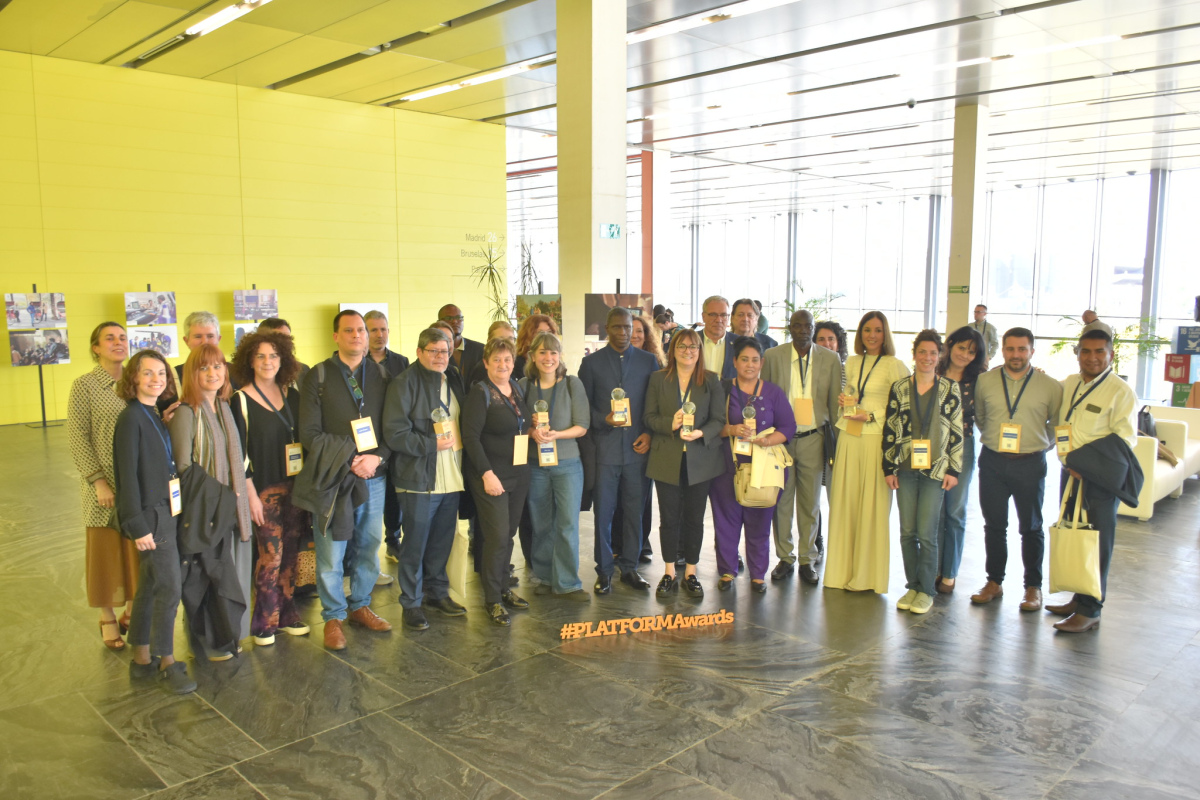
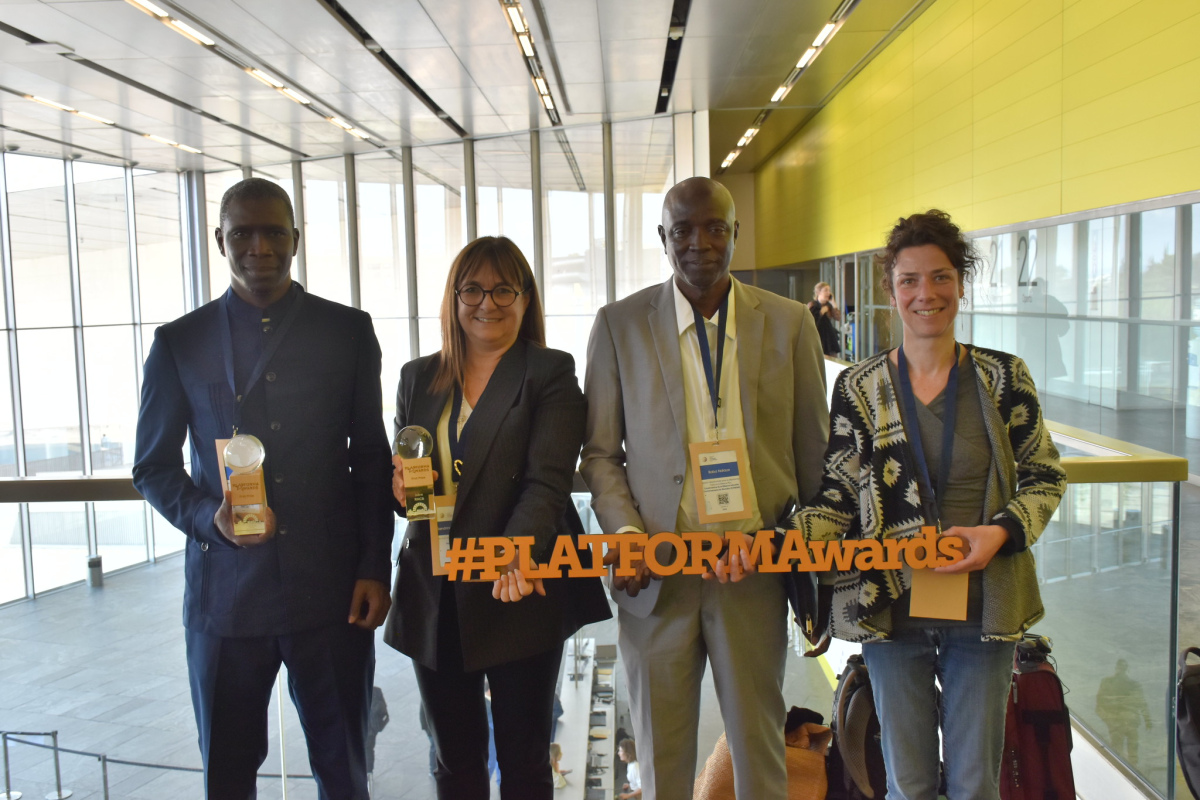
At the end of the day, the official inauguration of the VI World Forum on Local Economic Development took place at the headquarters of the Seville Provincial Council. The event was attended by prominent authorities, including María Jesús Montero Cuadrado, First Vice-President and Minister of Finance of the Government of Spain; Antonio Sanz, Minister of the Presidency, Interior, Social Dialogue and Administrative Simplification of the Andalusian Regional Government; Francisco Reyes, President of the Andalusian Municipalities Fund for International Solidarity (FAMSI); Francisco Javier Fernández de los Ríos Torres, President of the Seville Provincial Council; Jan Van Zanen, President of United Cities and Local Governments (UCLG) and Mayor of The Hague, and José Luis García Martín, Vice-President of FAMSI and Eighth Deputy Mayor responsible for the Priority Neighbourhoods Area. During their speeches, they highlighted the importance of the forum as a platform to promote sustainable local economic development and strengthen cooperation between territories at a global level.
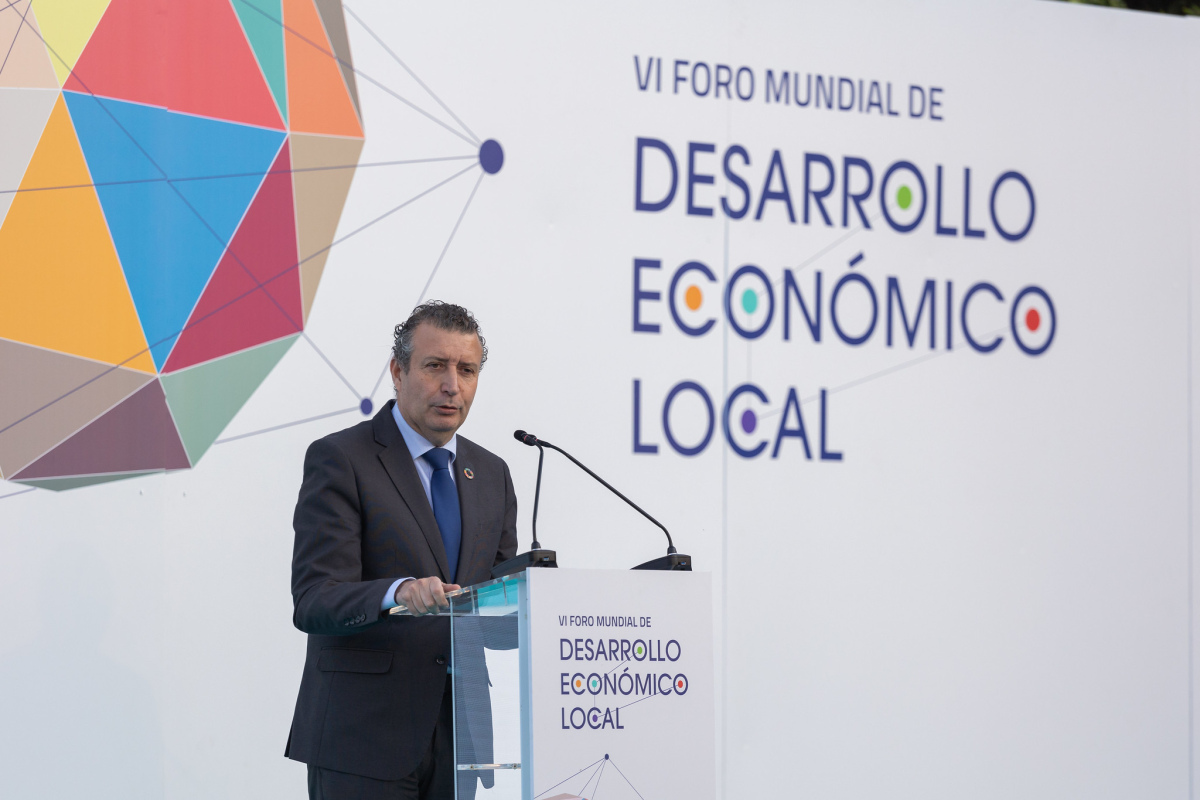
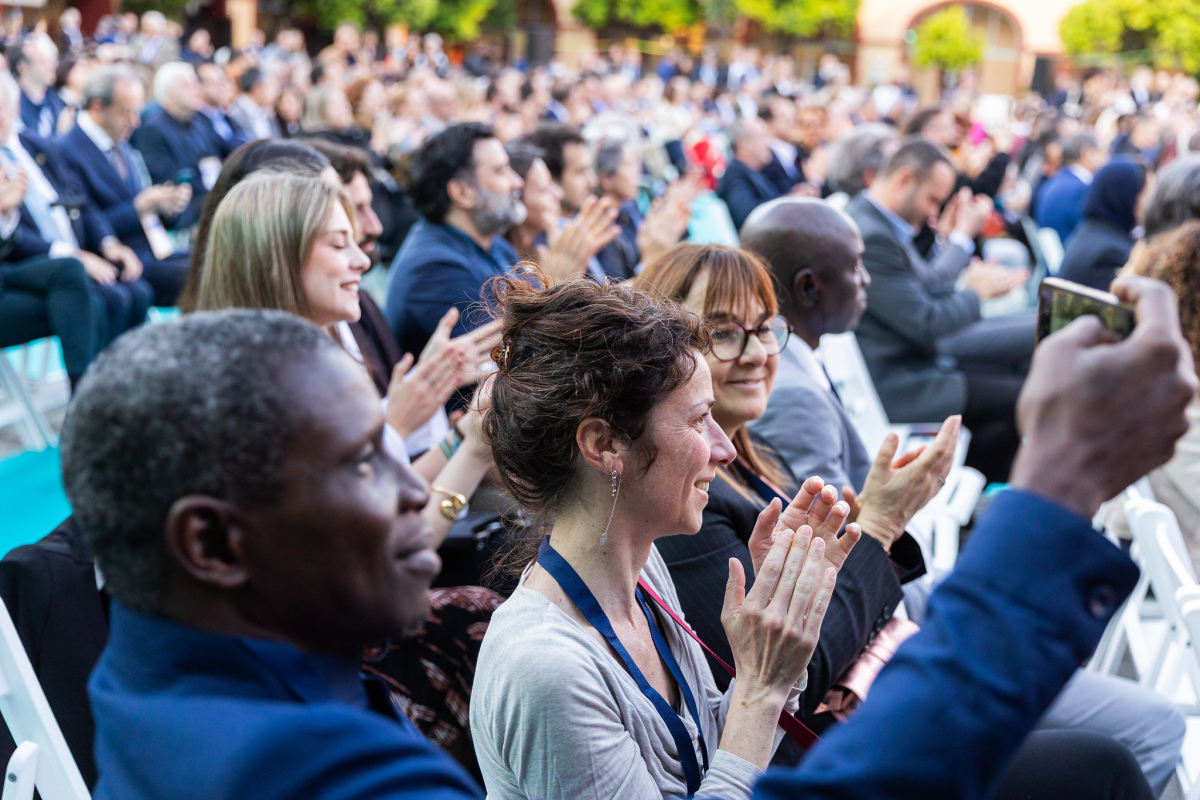
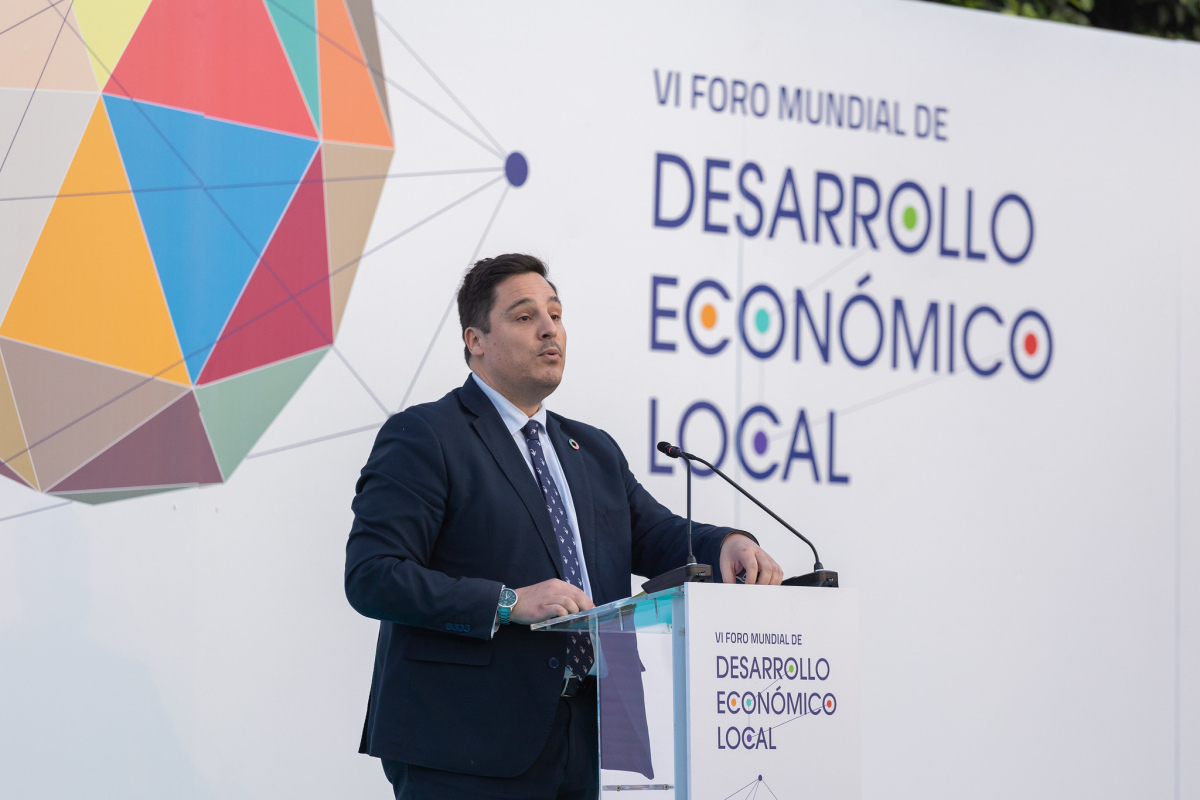
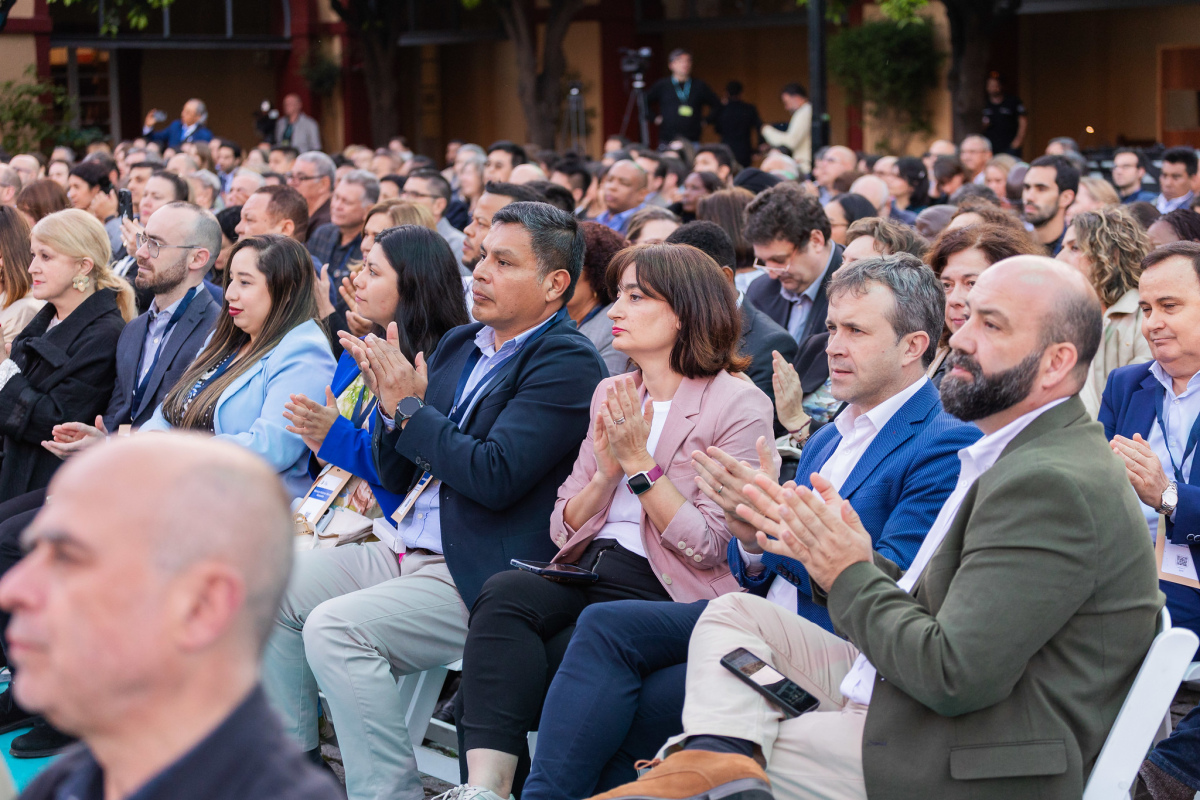
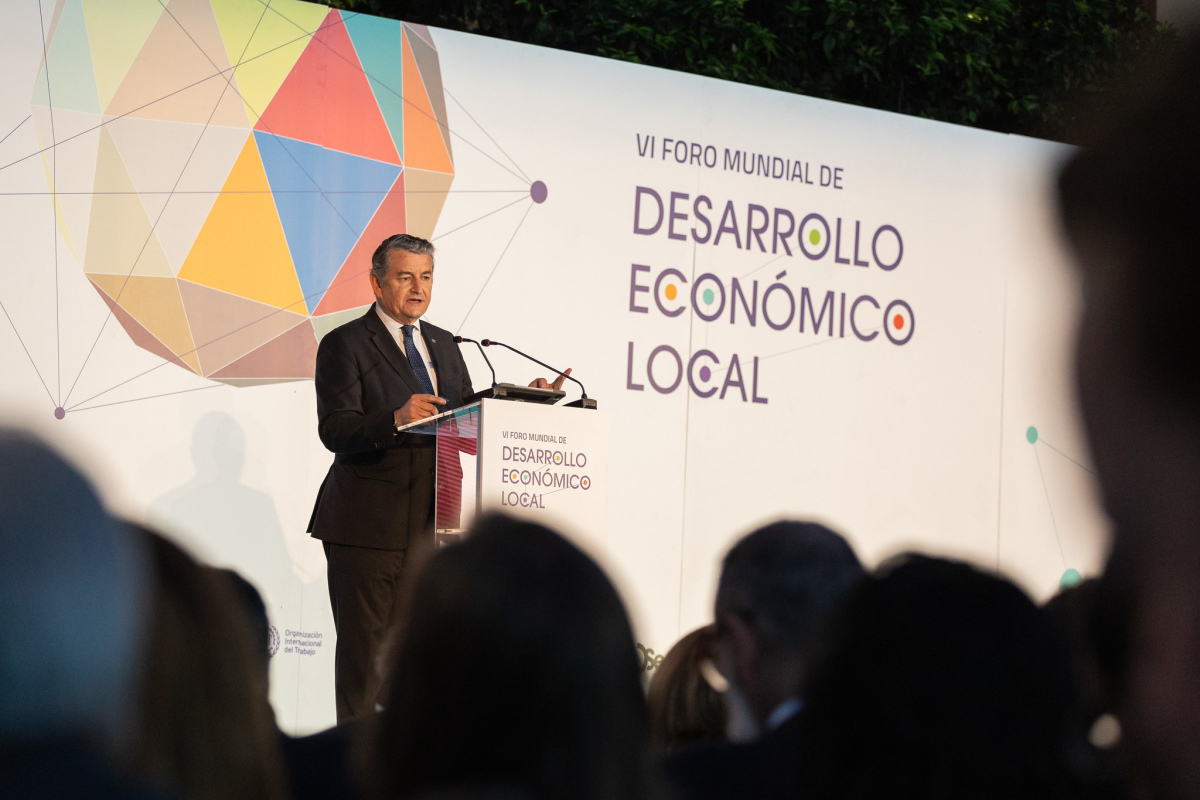
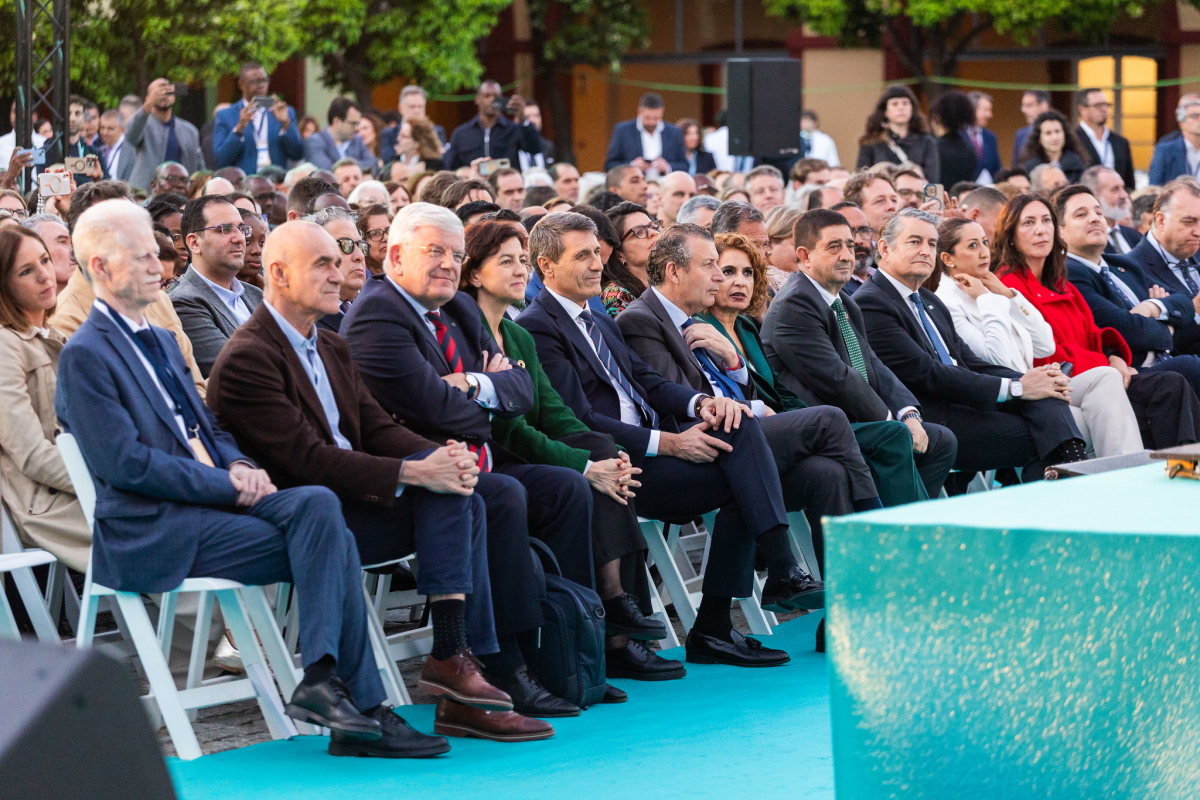
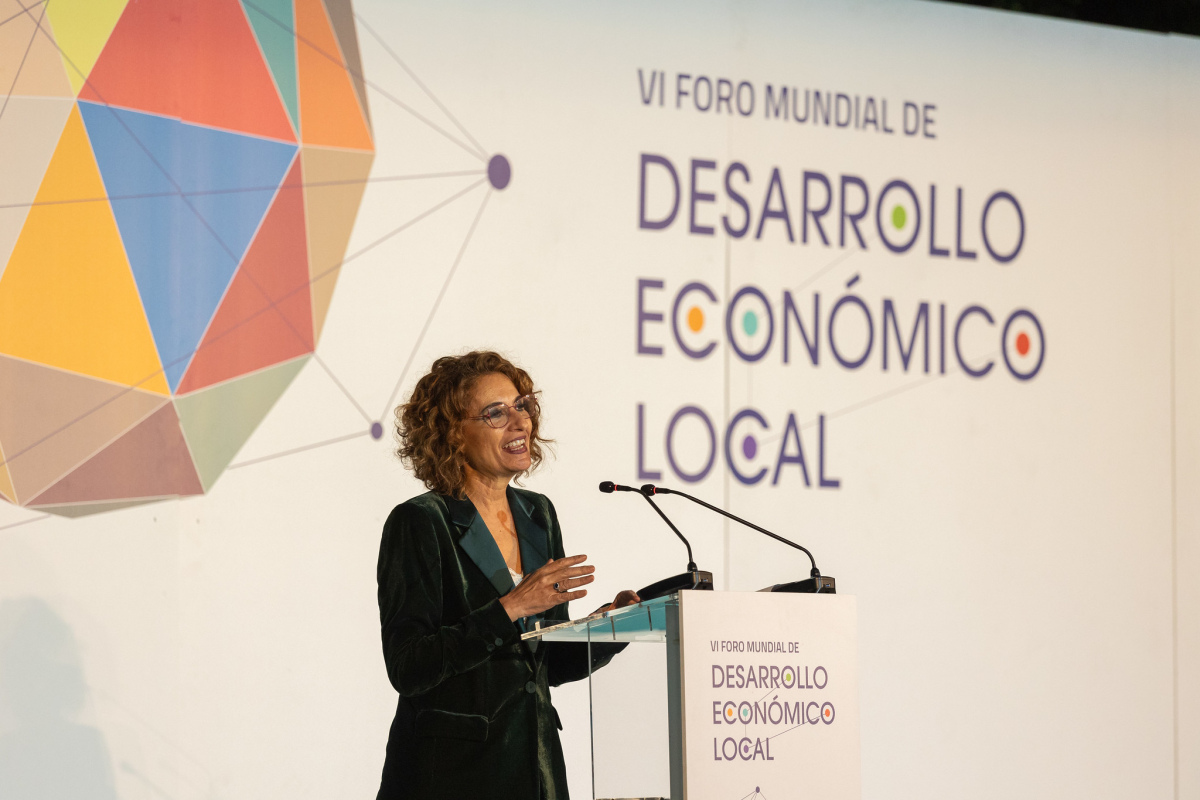
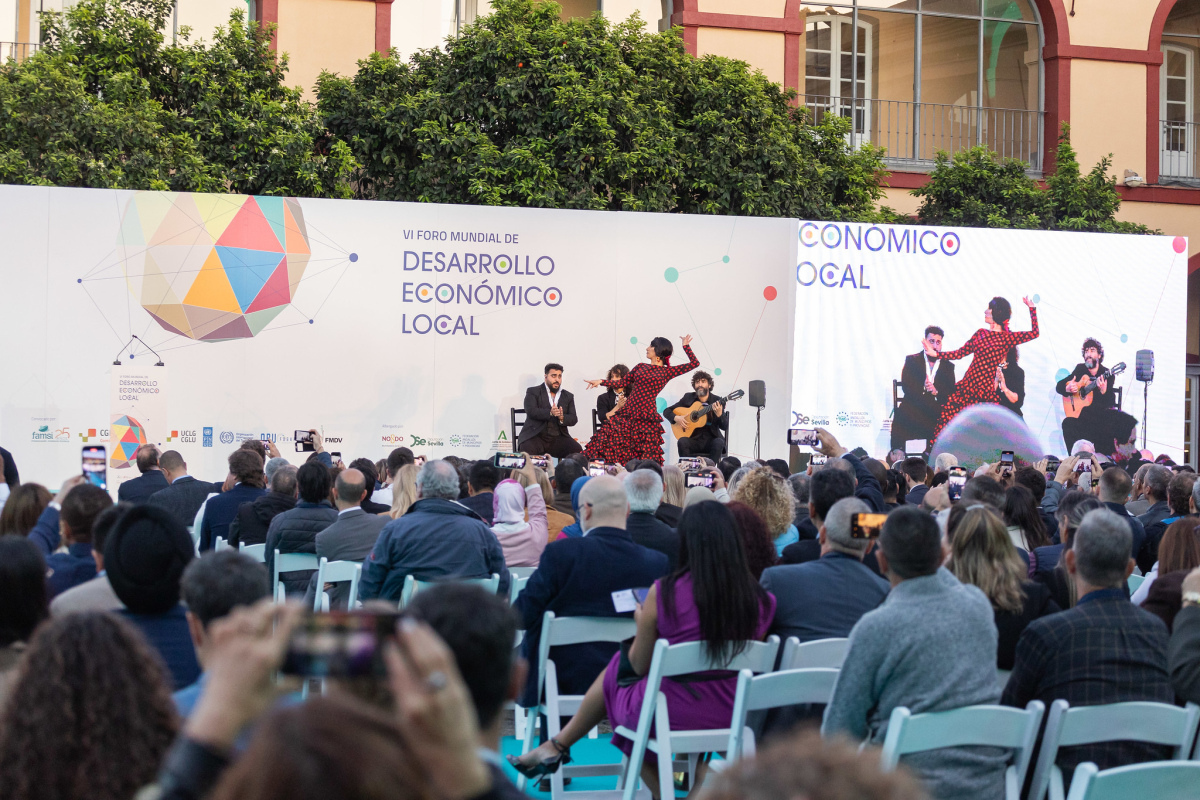
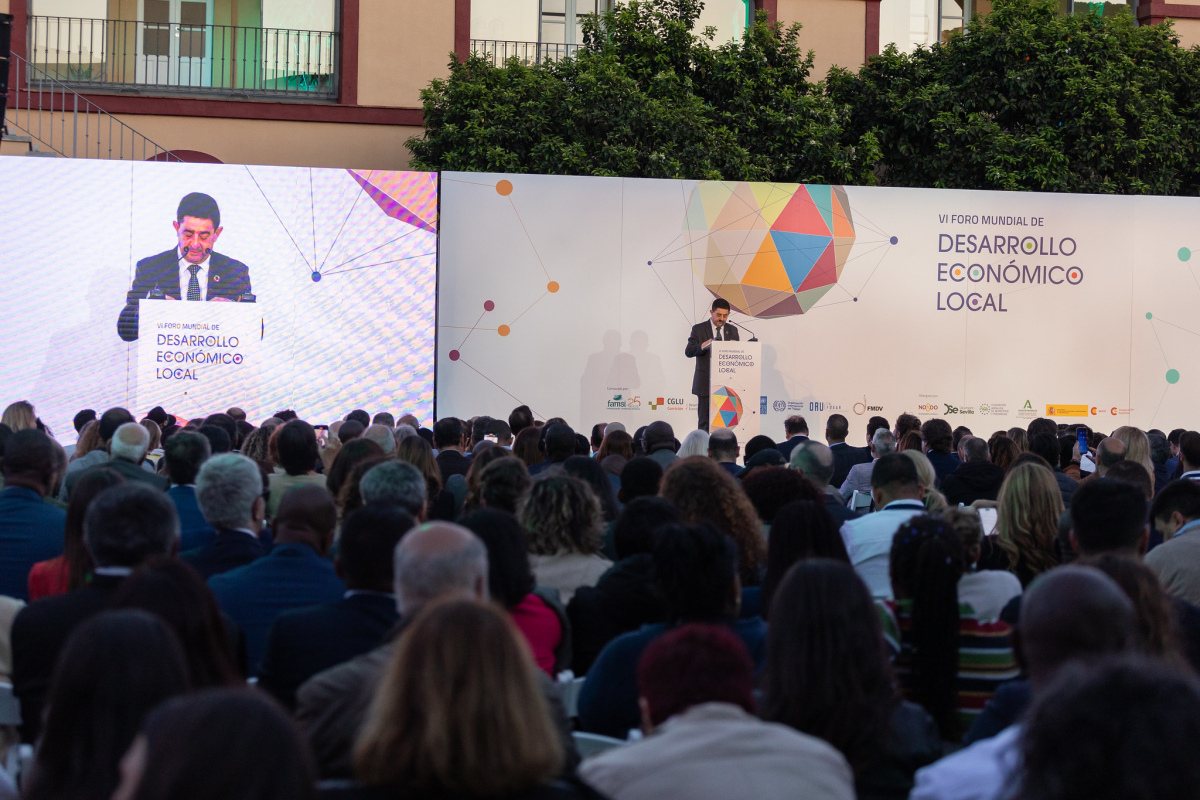
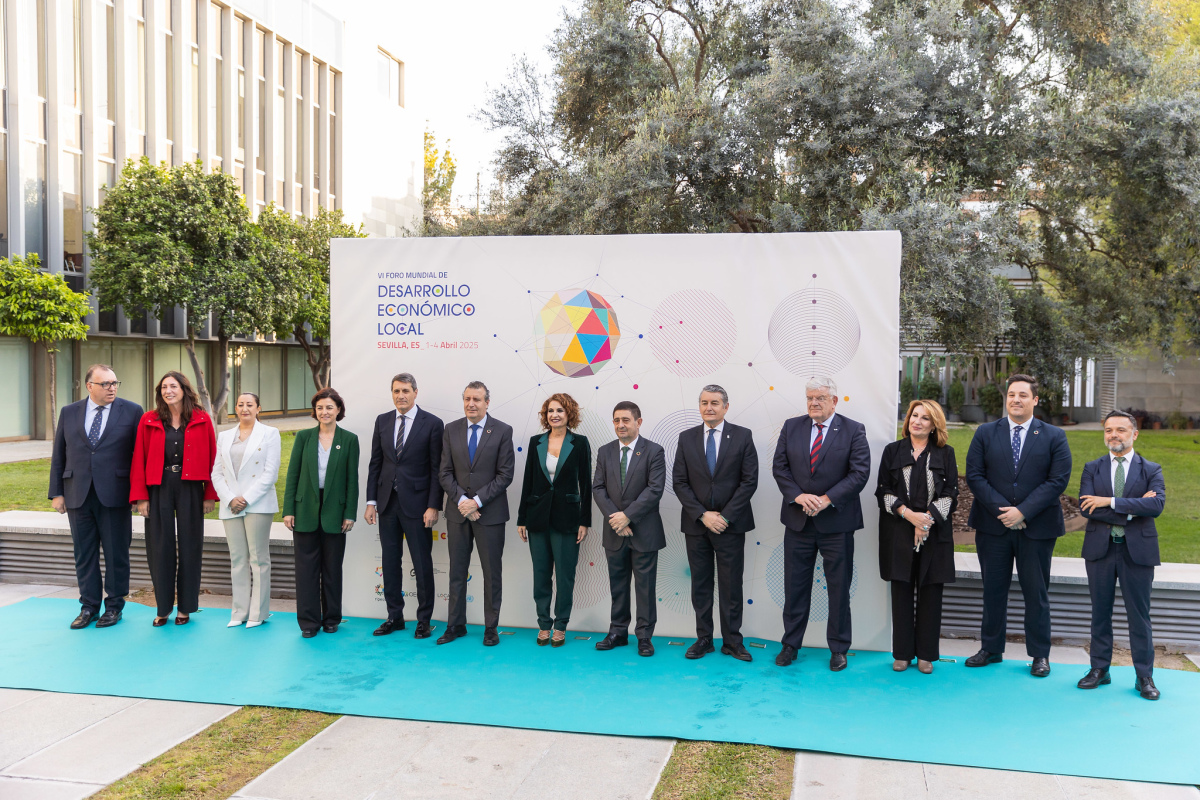
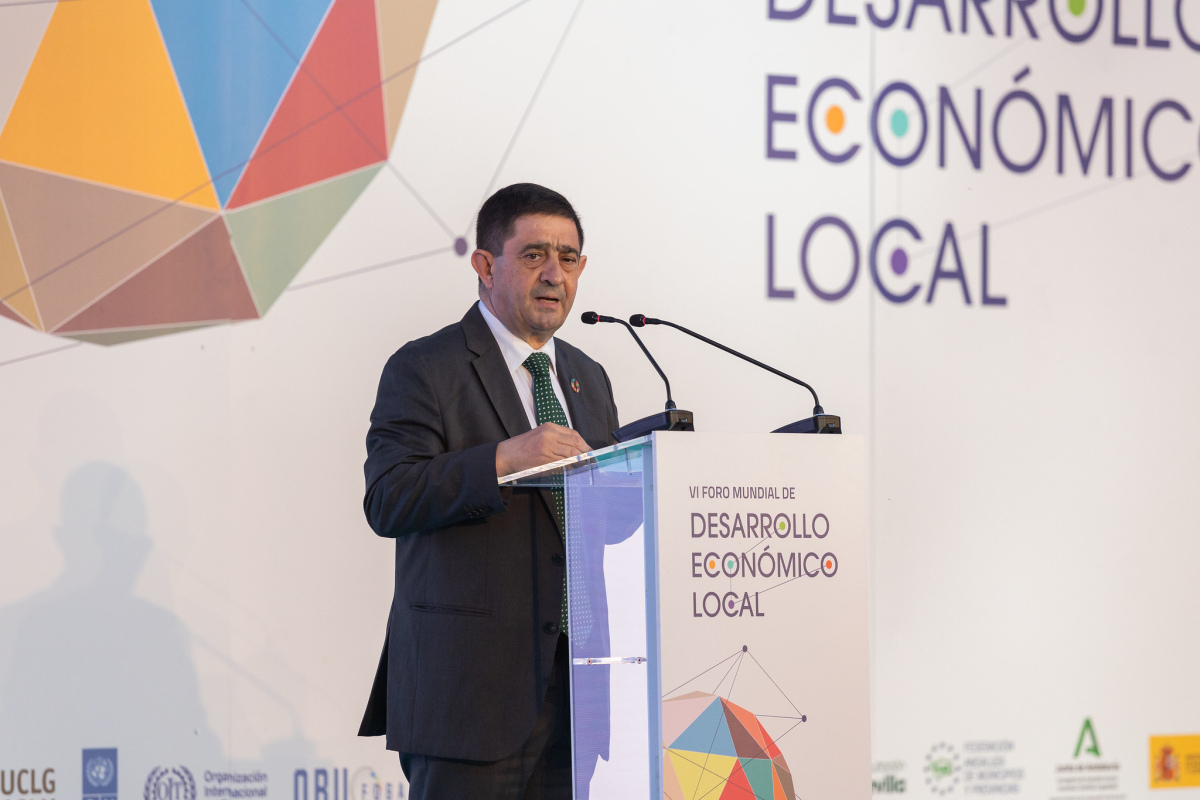
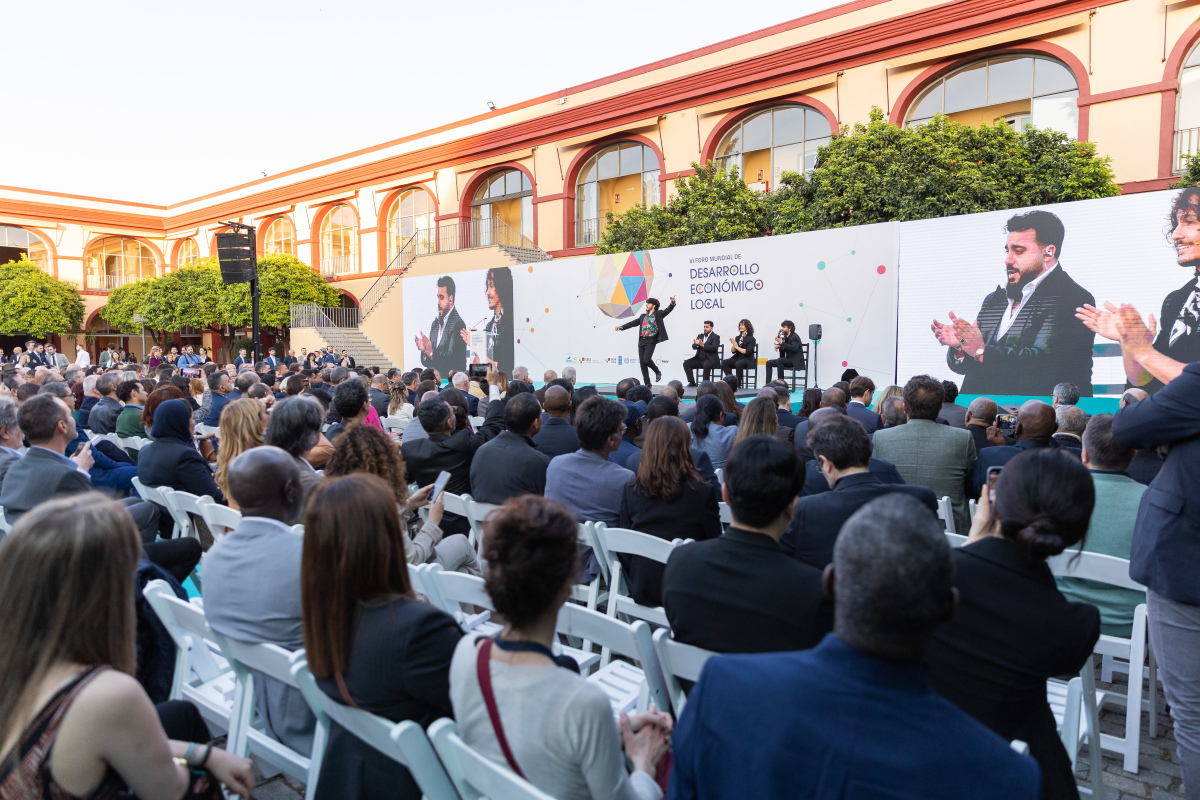
PRESS RELEASE OF THE INAUGURAL CEREMONY: The World Forum on Local Economic Development opens its sixth edition in Seville with a firm commitment to inclusion and sustainability
PHOTO COVERAGE: https://www.flickr.com/photos/192772545@N04/albums/72177720324711429
